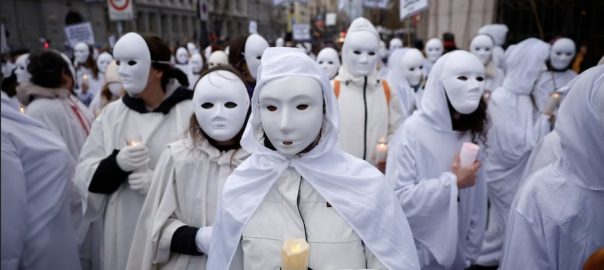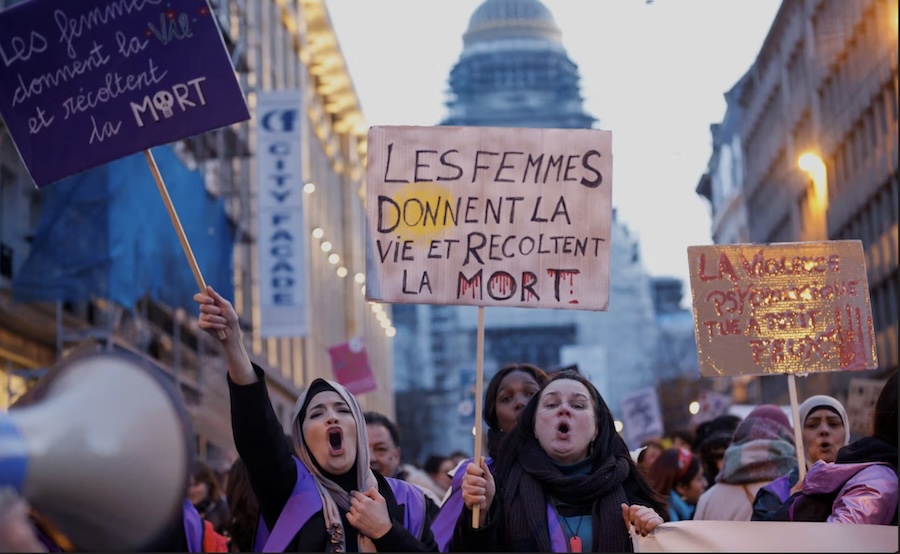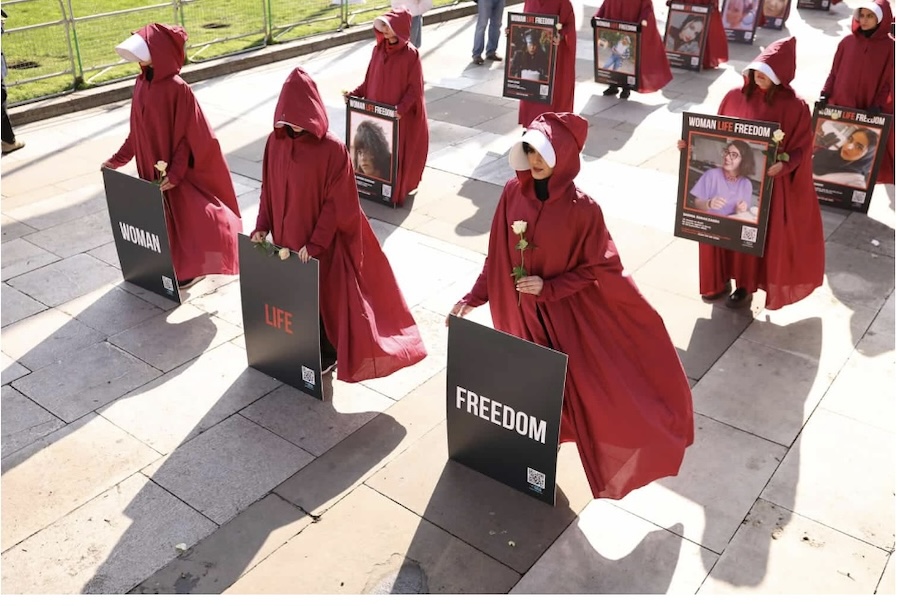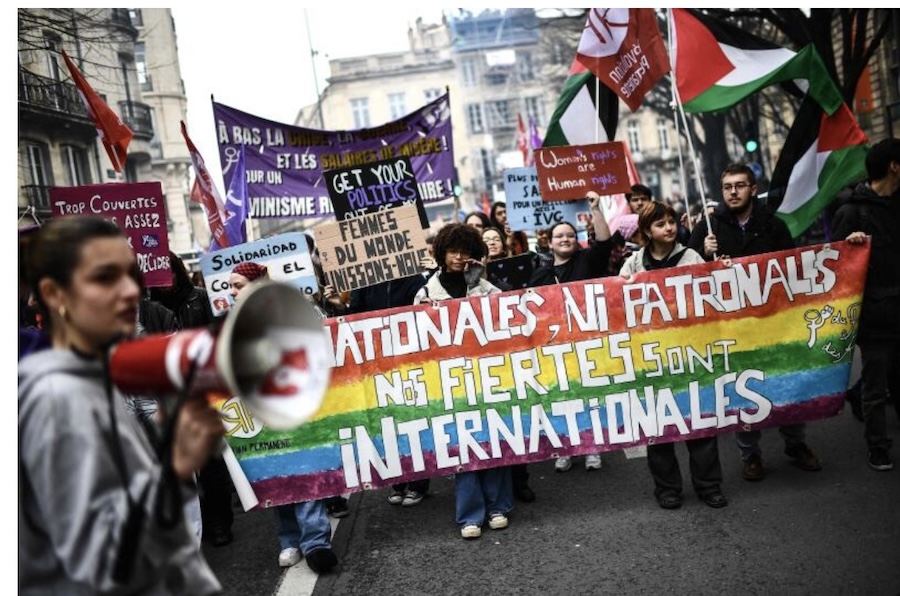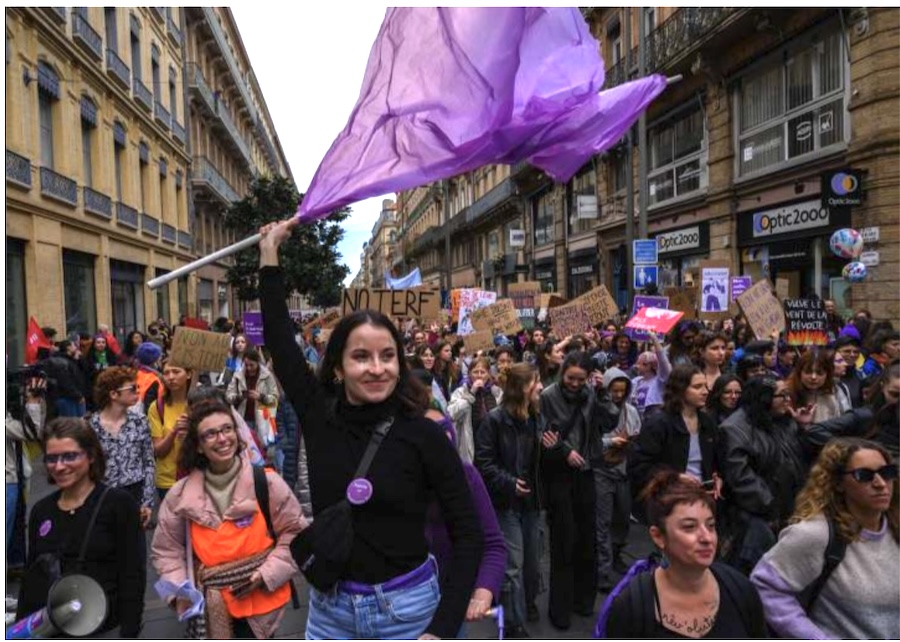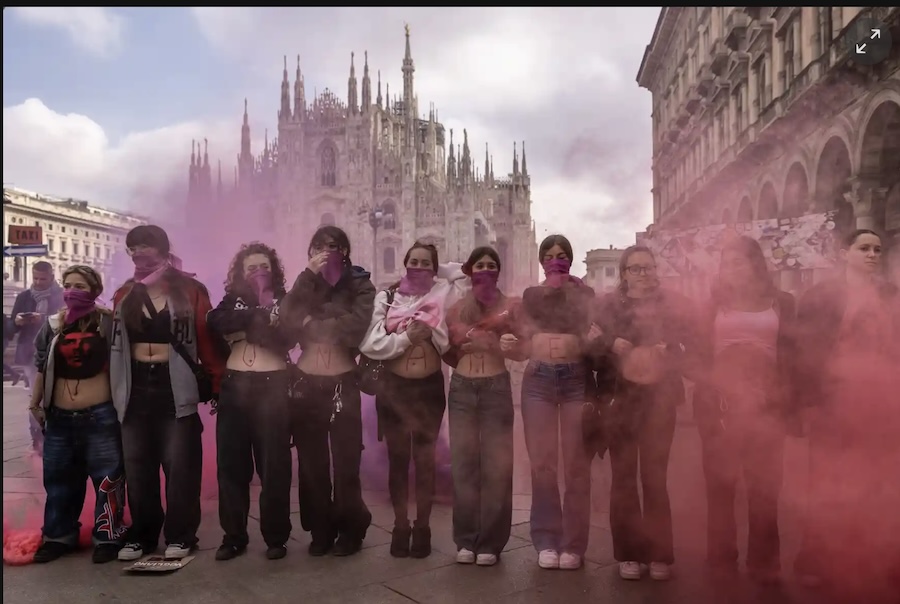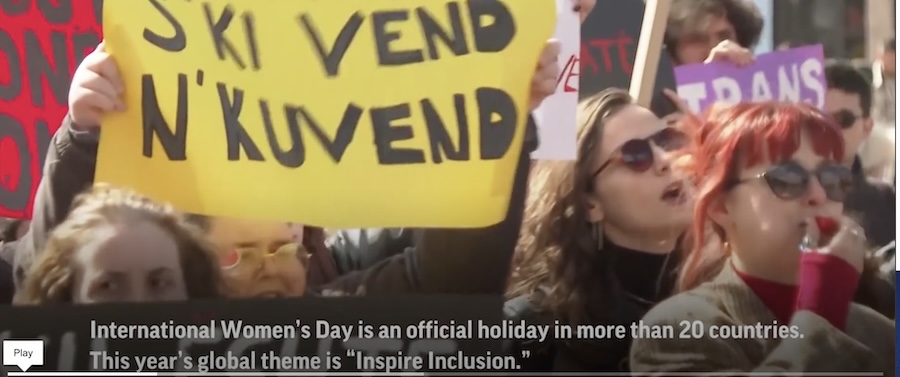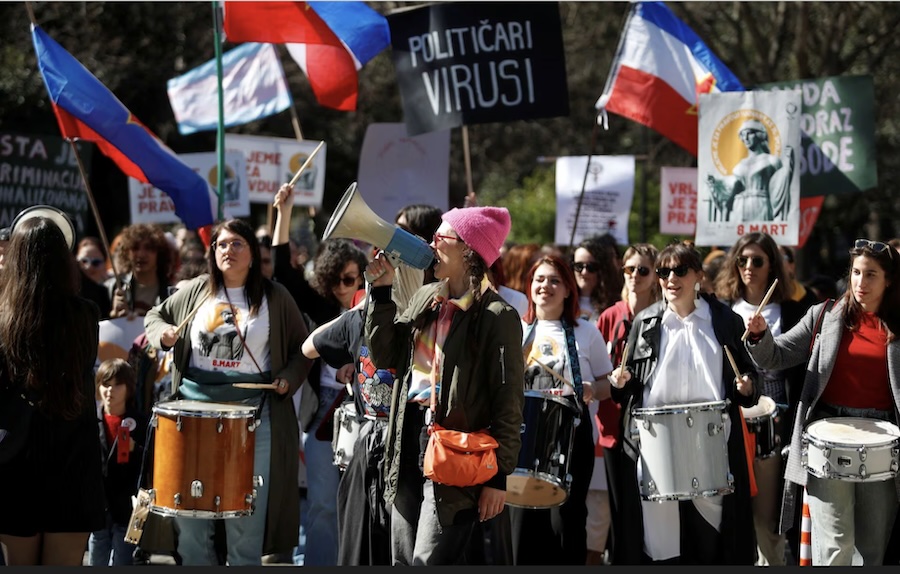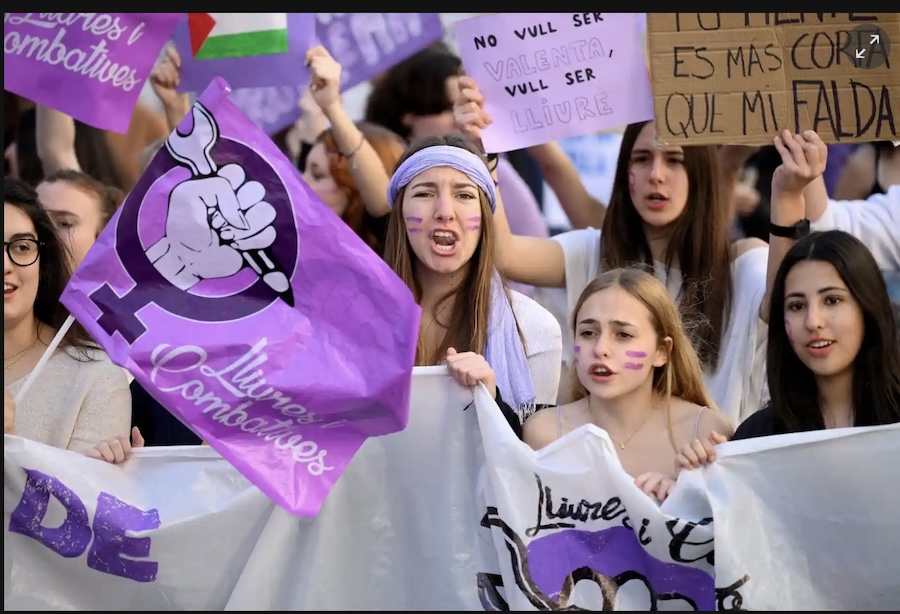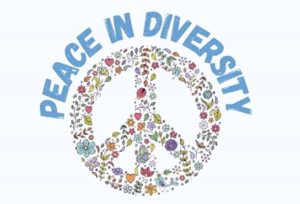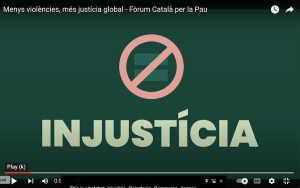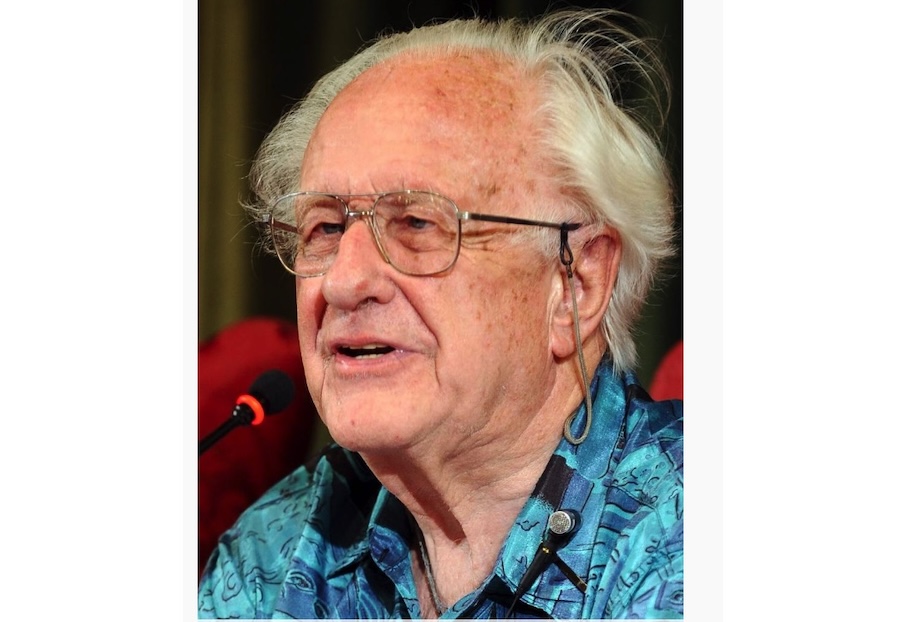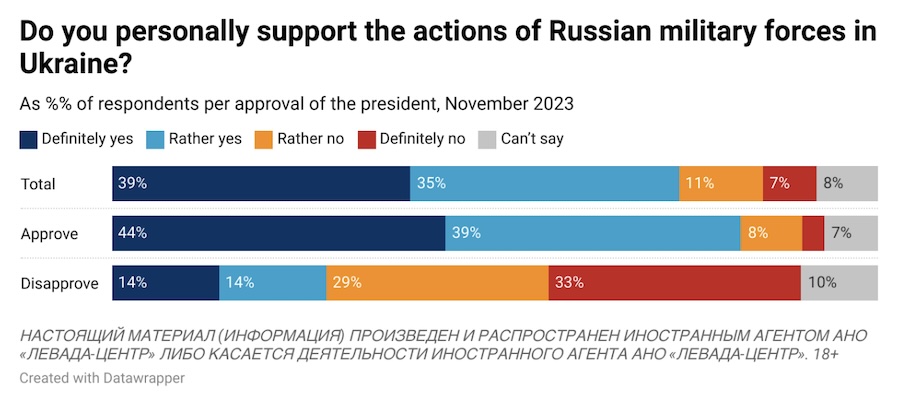. . SUSTAINABLE DEVELOPMENT . .
An article from Greenpeace France (translation by CPNN)
Why are many farmers unable to make a decent living from their work, even though they feed us? To this vital question, at the heart of the social and environmental crisis that the agricultural world is going through, the government has still not answered, preferring to attack ecological standards and favor agro-business, without looking at the root causes. . However, those responsible for this agricultural crisis are known: the massive industrialization of our production system and the ultra-liberal trade policies pursued for decades.
In order to denounce the real culprits of the agricultural crisis, this morning we carried out simultaneous actions in six cities in France, targeting groups in the agro-food industry, agrochemicals, seeds and mass distribution, as well as than the majority agricultural union. So many symbols of a system that profits from free trade agreements and impoverishes farmers, to the detriment of our health and our environment.

Photo Credit : © Micha Patault 2024
Who are the culprits of the agricultural crisis? Here are 5 very concrete examples of this agro-industrial system that we point out: LDC, Avril, Bayer, Lactalis, E.Leclerc and the FNSEA.
LDC, the poultry giant that defeathers the breeders
Its name is little known, but it controls 40% of the poultry market in France! LDC is the owner, among others, of the Le Gaulois and Maître Coq brands, and it contracts with almost half of the broiler poultry breeders in France, owns slaughterhouses, manufactures animal feed, etc. This all-powerful group in its areas of establishment is capable of depriving breeders of alternative outlets . With its industrialized system, LDC relegates the breeder to the rank of “subcontractor”, a real an uncomfortable situation .
This chicken giant is also developing its activities in Belgium, the United Kingdom and Poland, not hesitating to resort to imports . During a highway blockade in France, breeders discovered Polish chickens imported for LDC in a truck . A real goose that lays golden eggs: LDC generated 5.8 billion euros in turnover in 2022, an increase of 8% compared to 2021. The fortune of the Lambert family, co-founders of the group, is as for it estimated at 825 million euros.
Avril, the big fish of the agro-industry
The fifth French agri-food group, Avril is the perfect example of the clever mix of economic, financial and political interests in the agricultural sector . The chairman of the board of directors of this agro-industrial behemoth is none other than Arnaud Rousseau, recently put in the spotlight as president of the majority agricultural union, the FNSEA (see below).
We are far, very far from small-scale farming. This multinational generates more than half of its turnover abroad, through multiple activities: food production, chemicals, energy, agrofuels, finance, etc. In France, the group is number 1 in the vegetable oils market. (via its Lesieur and Puget brands, among others) and commands 25% of the oleochemicals market share. Its influence is therefore considerable: Avril is very clearly one of the proponents of the policy of industrialization of French agriculture which is fueling the crisis in the agricultural world.
Bayer, the powerful lobby of pesticides and seeds
World number one in seeds and pesticides, Bayer is particularly famous for having bought Monsanto and its famous Round Up, a cocktail based on glyphosate , the most used herbicide in the world, classified as “probably carcinogenic” by the International Center for Research on WHO cancer. Not content with poisoning farmers and the environment, its commercial weight on the seeds and pesticides market makes farmers dependent on its products.
Bayer is also a powerful lobby, whose activities have disastrous consequences on the agricultural world, health and the environment. The German pharmaceutical and agrochemical giant spent more than 7 million euros on its lobbying activities at European level in 2022 alone. For decades, Bayer has actively fought for the development of GMOs and against the ban and reduction of pesticides, not without some success, unfortunately: the regulation of GMOs is now threatened, glyphosate has been re-authorized for 10 years and the European legislative project aimed at reducing the use of pesticides has just been purely and simply withdrawn…
Lactalis, the multinational that butters its bread on both sides
Dairy products are at the heart of the current agricultural crisis. And Lactalis (the world’s leading group in the sector which has joined forces with number 2, Nestlé, within the Lactalis-Nestlé company), bears a heavy responsibility for the impoverishment of the small farmer. In 2022, while consumers paid more for their liter of semi-skimmed milk, breeders saw the amount of their gross margin on this product drop by 4% compared to 2021, while agri-food companies experienced an increase of their gross margins of 64% and those of mass distribution of +188%! An extremely inequitable distribution observed across all dairy products, as denounced by the Foundation for Nature and Man in its report “ Farmers and consumers, big losers from the rise in dairy product prices ”.
(article continued in right column)
(Click here for the original article in French
Question for this article:
Despite the vested interests of companies and governments, Can we make progress toward sustainable development?
What is the relation between movements for food sovereignty and the global movement for a culture of peace?
(Article continued from the left column)
Nearly 20% of dairy farmers live below the poverty line and are extremely dependent on public subsidies to survive. A concern that Lactalis does not experience, whose turnover increased by 28.4% in 2022 compared to 2021, climbing to 28.3 billion euros! Added to this are various scandals: salmonella in infant milk, pollution of waterways, non-compliance with environmental standards, concealment of information. The company, known for its President, Lactel and Galbani brands, is described as a “lawless” firm by the investigative media Disclose, in an edifying investigation into the “milk ogre”.
E. Leclerc, the leader in mass distribution and secrecy
Today six groups control 90% of the mass distribution market. Among them, the leader E. Leclerc, with almost a quarter of market share, has become a dominant player in the lives of French consumers and farmers . In 2022, the French number 1 has increased its turnover, but not its transparency… The E. Leclerc group is regularly suspected of circumventing the French Egalim law in order to obtain lower prices from producers, in particular via a central d Eurelec purchase located in Belgium, where the law is much more flexible.
From their dominant position, the mass distribution giants do not hesitate to compress the prices paid to farmers to make more profits . Producer remuneration thus serves as an adjustment variable, with farmers going so far as to sell at a loss. Also at issue: products imported and sold at very low prices on the shelves of these major brands. Products that Michel Édouard Leclerc would like to sell even cheaper: he has denounced in the past the obligation of a 10% margin on food products from abroad, a measure precisely intended to protect the remuneration of producers.
FNSEA, historical defender of industrial agriculture
With 212,000 claimed members, the FNSEA is the majority agricultural union in France. But far from fighting for the interests and remuneration of small producers, its leaders continue to defend the agro-industrial and productivist model serving the largest farms. The very ones who receive the largest share of subsidies from the European Common Agricultural Policy (CAP). For decades, the FNSEA has ensured true co-management of agricultural policies, hand in hand with successive governments, successfully fighting in favor of industrial agriculture and agro-industry, to the detriment of peasant and organic agriculture. , and against environmental measures.
Its current president, Arnaud Rousseau, is himself at the head of a cereal farm of more than 700 hectares, ten times the average size of a French farm… In 2021, he received more than 170,000 euros from the CAP, or 5.6 times the average amount received by a farm in France. He is also Chairman of the Board of Directors of the agro-industrial group Avril (see above).
Faced with those responsible for the agricultural crisis, what should we do?
If the culprits are known, the solutions are also known to overcome this agricultural crisis, allow farmers to live with dignity from their work and protect the health and environment of all.
Several measures seem essential to us today to meet the expectations of farmers regarding their remuneration, support them in the ecological transition and sustainably transform the agricultural sector. In particular, it is necessary:
° Put an end to Free Trade Agreements , by reviewing the agreements in force and establishing a moratorium on current negotiations (in particular between the European Union and Mercorsur, and with Chile).
° Establish a floor price , i.e. a ban on the sale of agricultural products below cost prices (including costs, labor remuneration and contributions).
° Regulate the margins of processors and large retailers , for better distribution of value.
° Establish a minimum entry price for imported products , particularly for the sectors most in difficulty, to deal with unfair imports on social and environmental levels.
° Reform the European Common Agricultural Policy (CAP) , in particular in order to direct public money as a priority towards the most vulnerable farmers, organic farming operations and towards supporting the agroecological transition.
° Massively increase support for farmers in the agroecological transition.
Environmental standards and the reduction of pesticides are necessary, both for the health of farmers and for that of consumers and the preservation of biodiversity. We must therefore maintain them and help producers in their implementation.
To find out more about the causes and solutions to farmers’ difficulties: The agricultural crisis (and how to get out of it) in 4 questions.

